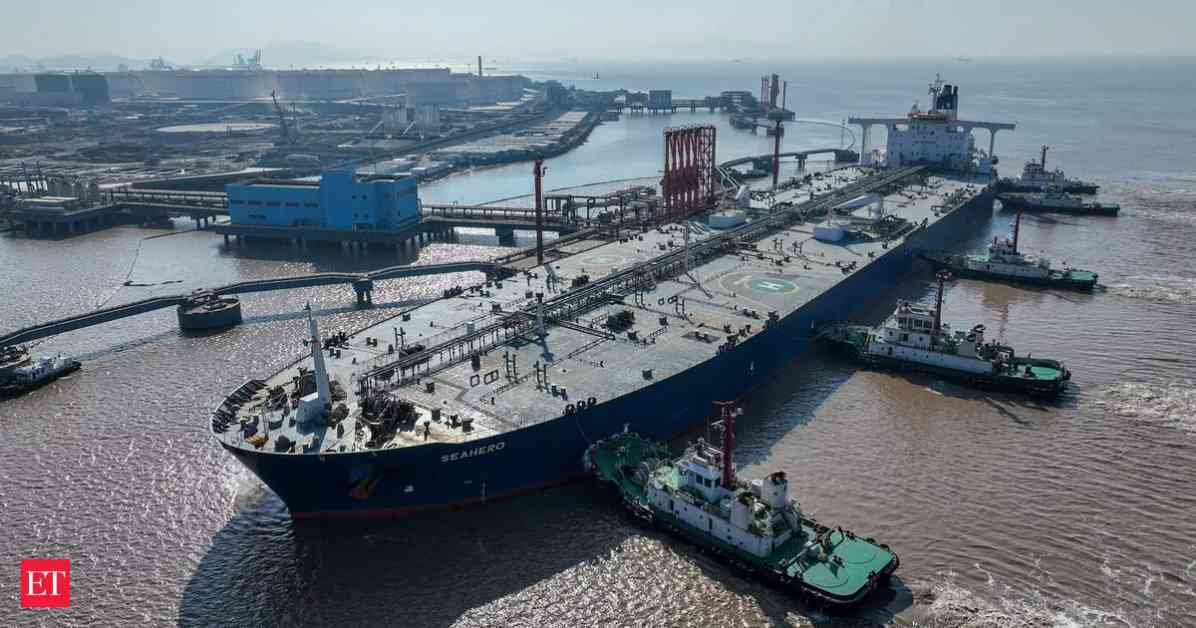China’s crude oil imports from Malaysia saw a significant increase of 31 percent in August compared to the previous year, making Malaysia the country’s second-largest supplier after Russia. This surge in imports comes at a time when Chinese imports are generally slowing down. Despite sluggish domestic fuel demand, Chinese refiners have been taking advantage of the cheaper, sanctioned oil from Malaysia.
In August, China imported 7.5 million metric tons of crude oil from Malaysia, which is equivalent to 1.77 million barrels per day. This is a substantial increase compared to imports from Saudi Arabia, which saw a decrease of more than one-third to 5.3 million tons, or 1.25 million barrels per day. Even imports from Russia, the top supplier, declined by 11 percent. However, Malaysia managed to increase its exports to China significantly.
Throughout the year, Chinese refiners have been attracted to the cheaper Russian supplies, resulting in a 13.4 percent decrease in imports from Saudi Arabia. Malaysia, on the other hand, has seen a rise of 22 percent in year-to-date imports, totaling 43.2 million tons. It has now surpassed Saudi Arabia as the third-largest supplier to China.
It is worth noting that there were no recorded shipments from Iran or Venezuela. This could be due to the sanctions imposed on these countries, making it difficult for them to export oil to China. As a result, Malaysia, which serves as a transshipment hub for sanctioned oil from Iran and Venezuela, has benefited from the situation by increasing its exports to China.
Overall, China’s total crude oil imports have shown signs of recovery, reaching a year-high in August. However, there has been a fourth consecutive year-on-year decline in imports due to weakening refining margins. Despite this, China continues to rely on a diverse group of suppliers, with Russia, Saudi Arabia, Iraq, and Brazil being among the key sources of crude oil.
Looking ahead, it will be interesting to see how China’s crude oil imports evolve in the coming months, especially with the ongoing fluctuations in global oil prices and geopolitical developments. The country’s strategic decisions on oil imports will play a crucial role in shaping its energy security and economic growth in the future.

